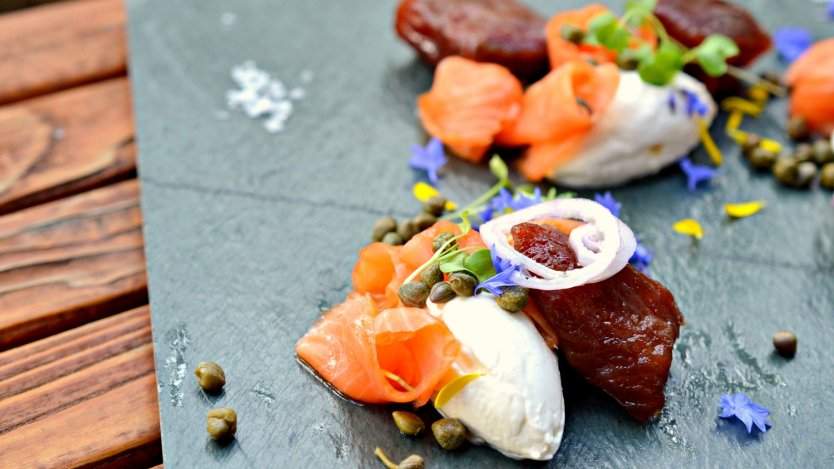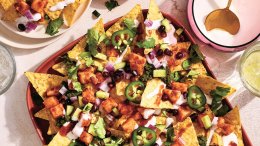Everybody’s a critic.
Not too many years ago, restaurant critics were an exalted breed. They had (hopefully) highly honed palates, a depth of culinary knowledge and the ability to construct a cogent, lucid and objective evaluation of a restaurant and the dining experience it offered. They were led by a code of ethics that included paying for their own meals and not letting the restaurant know they were coming.
But since the dawn of the digital age around 2000, anyone with internet access can offer an opinion about a movie or a concert or a restaurant. There’s no requirement to have any level of expertise in food or to have any credibility in the restaurant industry.
At the same time, we’ve seen the arrival and proliferation of the food blog. Within that, we see a broad range of quality, ranging from the barely coherent to the witty, engaging and intelligent. Many of them seem to focus on a single dish or specific aspect of service; some are simply complaints with little background.
So, as someone who has reviewed restaurants for over 33 years, I offer some suggestions on how to review a restaurant.
Don’t tell me about the food; tell me about your dining experience.
Find the story behind it. Build a narrative that makes me want to read your words.
This can – and should – be accomplished in many ways. The story can be found in any aspect of the restaurant. Perhaps it’s about the people or their food culture, maybe it’s about their parking lot or their bathrooms, but it’s also about your experience at the restaurant and how that experience interweaves with the points you’ve chosen to draw the story from.
Fundamentally, it’s about story, not just a list of information. This is a review after all, it’s not a report.
So how do you do that? Read on.
Don’t tell me about the food; tell me about the physical properties of the restaurant.
Is there anything interesting about the parking lot (or lack thereof), or the wallpaper in the bathroom or the noise level? What jumps out as an interesting focus? What helps guide and build your story?
Don't tell me about the food; tell me about the people and their food culture.
Sure, there are many trendy new places all cooking from the same list of contemporary, local, seasonal techniques but the bulk of restaurants still represent global cultures such as Italian, Ethiopian, Japanese and Thai. What can you tell me about those food cultures and how they impact your restaurant experience? Do you know what injera is and how tempura entered the Japanese kitchen? Do you know why we eat with fork and spoon in a Thai restaurant and what region of Italy uses balsamic vinegar?
If you’re going to make a comment on someone’s food, make sure you have the knowledge to do so.
Don't tell me about the food; tell me about their system.
Does the restaurant take reservations? How many seats do they have? How are they spaced? What’s the music on the stereo like? Cloth or paper napkins? Size of the menu font? Give me the details, please.
Don’t tell me about the food; tell me about their process.
This is similar in tone to the “system.” I differentiate because this part of it includes the customer’s participation.
By “process” I mean the human side of the experience. Do you line up at the counter to order? Is there a buffet line? How do you pay?
Don’t tell me about the food; tell me about the service.
Are there uniforms? Are they knowledgeable and committed? Can they make changes? Do they serve the food in a timely and accurate manner? Did they spill anything?
Don't tell me about the food; tell me about yourself.
Why should I be interested in your opinion? Who are you? What are your credentials and biases? What do you know about points one through six? If you’re going to comment on someone else’s livelihood, be sure to have covered your bases, and stand behind your work with your name rather than an internet pseudonym.
Tell me about the food, but find the story.
(This text was graciously given by John Gilchrist, adapted from his speech during the National Conference on How Canadians Communicate About Food, sponsored by the University of Calgary and Mount Royal University.)













